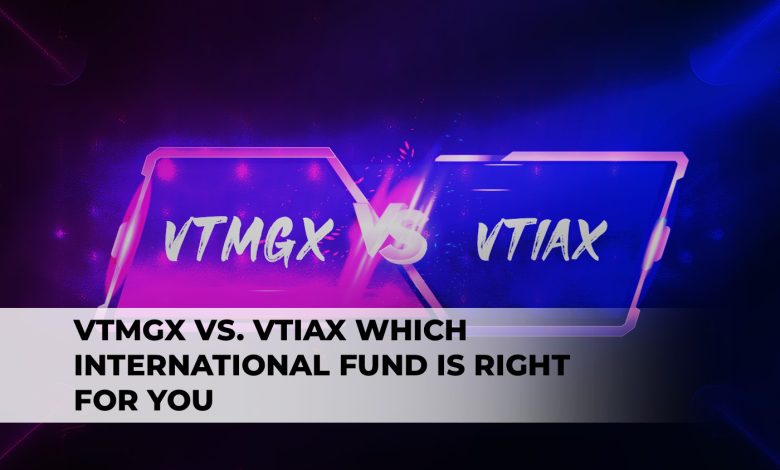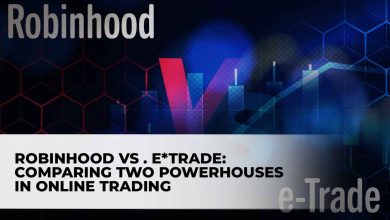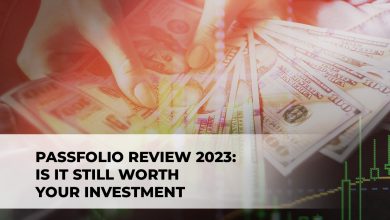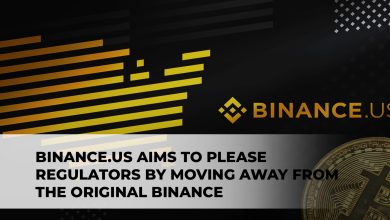
Are you looking for the best international fund to invest your hard-earned money in but feeling overwhelmed with all the options out there? If so, look no further! We are here to help by comparing two leading funds from Vanguard: VTMGX and VTIAX. With an ever-changing global economic landscape, understanding what these two funds offer is crucial for any investor wanting to maximize returns in 2023. Read on and find out which one of these highly successful index funds can be the right fit for your financial future!
VTMGX: An Overview and Its Pros and Cons
The VTMGX is a mutual fund that aims to match the performance of the FTSE Developed All Cap ex US Index. The index measures the investment returns of stocks in developed countries, except for the US, based on market capitalization. Here are some advantages and disadvantages of investing in VTMGX that you may want to consider:
Pros:
- Diversification: Investing in the VTMGX index fund means you’re investing in many companies from developed markets globally. This diversifies your investment risk and exposes you to various industries and sectors.
- Low fees: Vanguard is recognized for providing index funds at a low cost. VTMGX is an example of this, as its expense ratio is only 0.02%, which is considerably less than various funds that are actively managed.
- Passive management: The fund VTMGX is passive, meaning it aims to match its underlying index’s performance index rather than trying to outperform it. This strategy has demonstrated its effectiveness over time and often involves lower fees than actively managed funds.
Cons:
- No exposure to US markets: Investors seeking US stock exposure should look for other investment options, as VTMGX does not include US stocks. However, for those who already have invested in the US market, this may not be a cause for concern.
- No active management: Although passive management has its benefits, it means that the fund won’t be managed actively to capitalize on market opportunities or avoid potential risks. This could lead to underperformance compared to actively managed funds in market conditions.
- Foreign currency risk: Investing in VTMGX, which includes companies outside of the US, may be riskier due to fluctuations in foreign currency exchange rates.
![VTMGX vs. VTIAX: Which International Fund is Right for You? [2023]](https://coinindexnews.com/wp-content/uploads/2023/04/vtgmx-vs-vtiax-VTMGX-vs-VTIAX-Which-International-Fund-is-Right-for-You-2023.jpg)
VTIAX: An Overview and Its Pros and Cons
VTIAX is a mutual fund named the Vanguard Total International Stock Index Fund. It aims to follow the performance of the FTSE Global All Cap ex US Index, which is a market-cap-weighted index that measures stock investment returns from both emerging and developed markets, except the US. Here are some possible advantages and disadvantages of investing in VTIAX:
Pros:
- Diversification: Investing in VTIAX is similar to investing in VTMGX, as it provides broad exposure to companies from developed and emerging markets. This helps to distribute your investment risk while also providing exposure to various sectors and industries.
- Low fees: Investing in international stocks through VTIAX can be cost-effective due to its low expense ratio of 0.55%.
- Passive management: VTIAX is similar to VTMGX as it is also a passive fund that aims to mimic the performance of its underlying index. This approach has been proven effective in the long term and typically has lower fees than actively managed funds.
Cons:
- No exposure to US markets: Like VTMGX, VTIAX has no US stocks. This might not be ideal for those who want to invest in the US market. However, those with other investments in US stocks may not find this a major concern.
- Foreign currency risk: Investing in VTIAX means investing in companies from various countries, making it vulnerable to changes in foreign currency exchange rates. Therefore, this investment option may come with an extra level of risk for investors.
- Concentrated holdings: Although VTIAX is a diversified fund, it still has a limited number of companies in its holdings. This implies that the progress of some key stocks or sectors could significantly impact the fund’s performance.
Choosing Between VTMGX and VTIAX:
Here are some key differences between VTMGX and VTIAX that may help you choose between them:
- Investment universe: VTMGX invests solely in developed markets, whereas VTIAX invests in both developed and emerging markets. Consequently, VTIAX presents a broader coverage of countries and potentially greater growth prospects but also carries more risk.
- Index tracking: The VTMGX fund follows the FTSE Developed All Cap ex US Index which covers only developed markets, while the VTIAX fund tracks the broader FTSE Global All Cap ex US Index which covers both developed and emerging markets.
- Expense ratio: Although it may not appear significant initially, VTMGX has a substantially lower expense ratio of 0.02% compared to VTIAX’s 0.55%. Over time, even small variations in fees can significantly impact investment returns.
- Currency exposure: VTMGX only invests in developed markets, which means it is less affected by the fluctuating currencies of emerging markets. On the other hand, VTIAX has a higher level of exposure to these currencies which adds risk but could also lead to higher returns.
- Portfolio composition: The portfolios of VTIAX and VTMGX differ slightly in their compositions. VTIAX has allocated a higher percentage of its holdings to the financial and consumer discretionary sectors. In contrast, VTMGX has a higher percentage of its holdings in the healthcare and industrial sectors.
Final Verdict:
Sure, in conclusion, VTMGX and VTIAX are both popular mutual funds that provide investors with exposure to international stocks. While VTMGX invests only in developed markets, VTIAX includes both developed and emerging markets, potentially providing higher growth opportunities and introducing more risk. The funds also differ in expense ratio, currency exposure, and portfolio composition. Ultimately, the choice between these two funds will depend on individual investors’ investment goals, risk tolerance, and preferences. It’s important to carefully consider these factors and do your own research before making any investment decisions.






